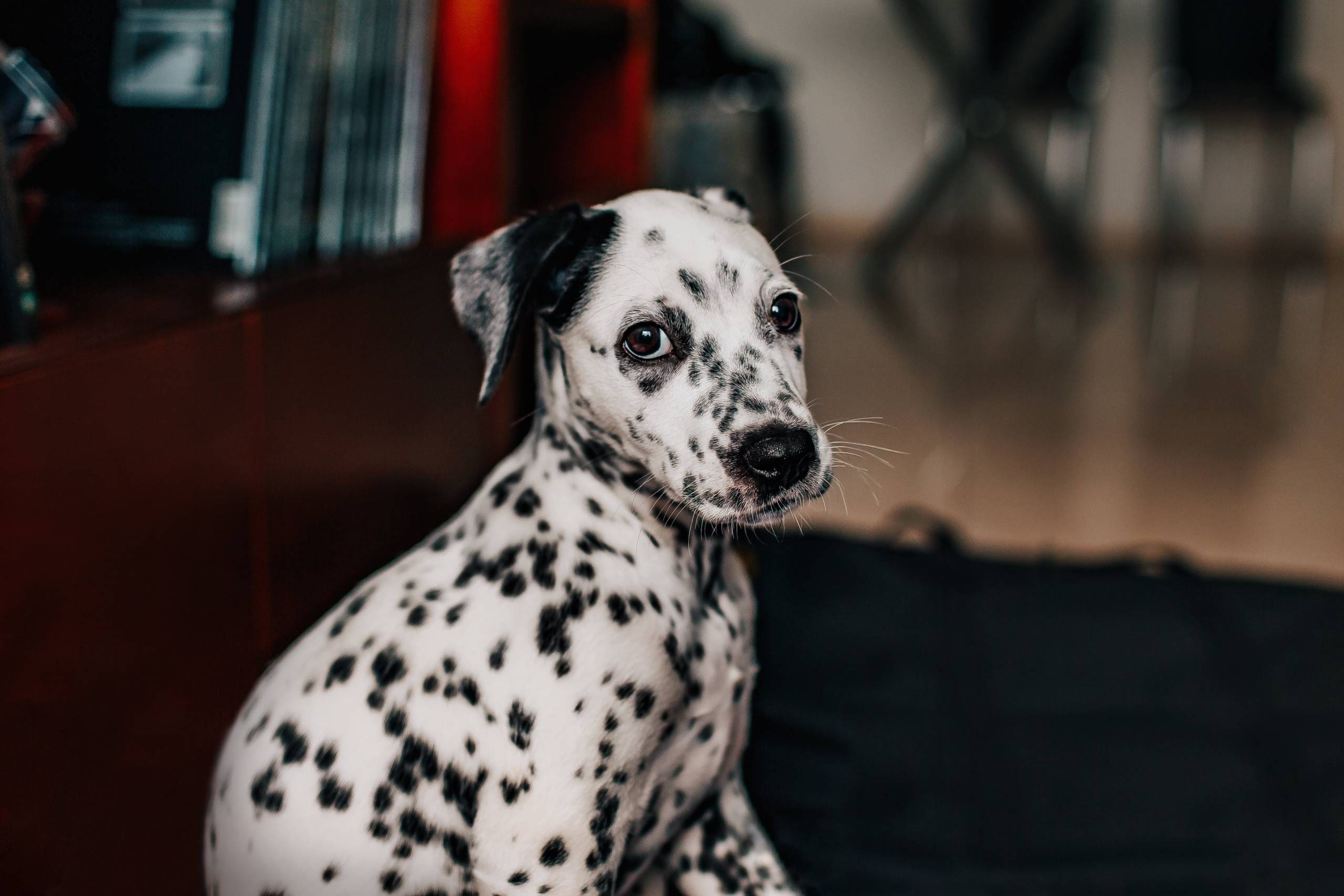
Understanding the Behavior
First things first – why is your puppy eating poop? The reasons behind this behavior can vary, but it’s essential to understand that it’s not uncommon. Puppies explore the world using their mouths, and this includes investigating all sorts of things they encounter, including feces. In some cases, a puppy may eat their own waste due to curiosity, while in others, they might do it as a way to clean their living space, mimicking what their mother would do in the wild. Additionally, some puppies might eat feces out of boredom, as a result of stress, or due to a nutritional deficiency.
Health Considerations
Beyond the behavioral aspect, there are health-related factors to consider as well. If your puppy is consuming their own feces, it could indicate that they’re not absorbing enough nutrients from their food. This might be due to an inadequate diet, poor digestion, or underlying health issues. In some cases, coprophagia can also be a sign of parasites or other medical conditions. It’s important to consult with your veterinarian to rule out any potential health concerns.
Addressing the Issue
While coprophagia may be distressing to witness, there are steps you can take to address the behavior. Ensuring that your puppy has a nutritious and well-balanced diet is crucial. If you suspect that your puppy’s diet might be lacking in essential nutrients, consult with your vet to explore potential dietary adjustments or supplements. Additionally, keeping your puppy’s living space clean and free of feces can help reduce the opportunity for them to engage in this behavior. Consistent and positive reinforcement-based training can also play a crucial role in addressing coprophagia.
Behavioral Training
When it comes to behavioral training, redirecting your puppy’s attention is key. Providing them with engaging toys and activities can help alleviate boredom and reduce the likelihood of them turning to feces for stimulation. Positive reinforcement through praise and treats, when your puppy exhibits desired behaviors, can also be effective. It’s important to remain patient and consistent in your approach, as addressing coprophagia may take time and effort.
In conclusion, coprophagia in puppies can be alarming, but it’s essential to approach the issue with understanding and patience. By considering both the behavioral and health-related aspects, and by implementing appropriate measures, you can work towards addressing this behavior. Remember, consulting with a veterinarian is crucial to rule out any underlying health concerns and to receive tailored guidance. With time, effort, and a well-rounded approach, you can help your puppy overcome this behavior and lead a happy, healthy life.
[/fusion_text]



